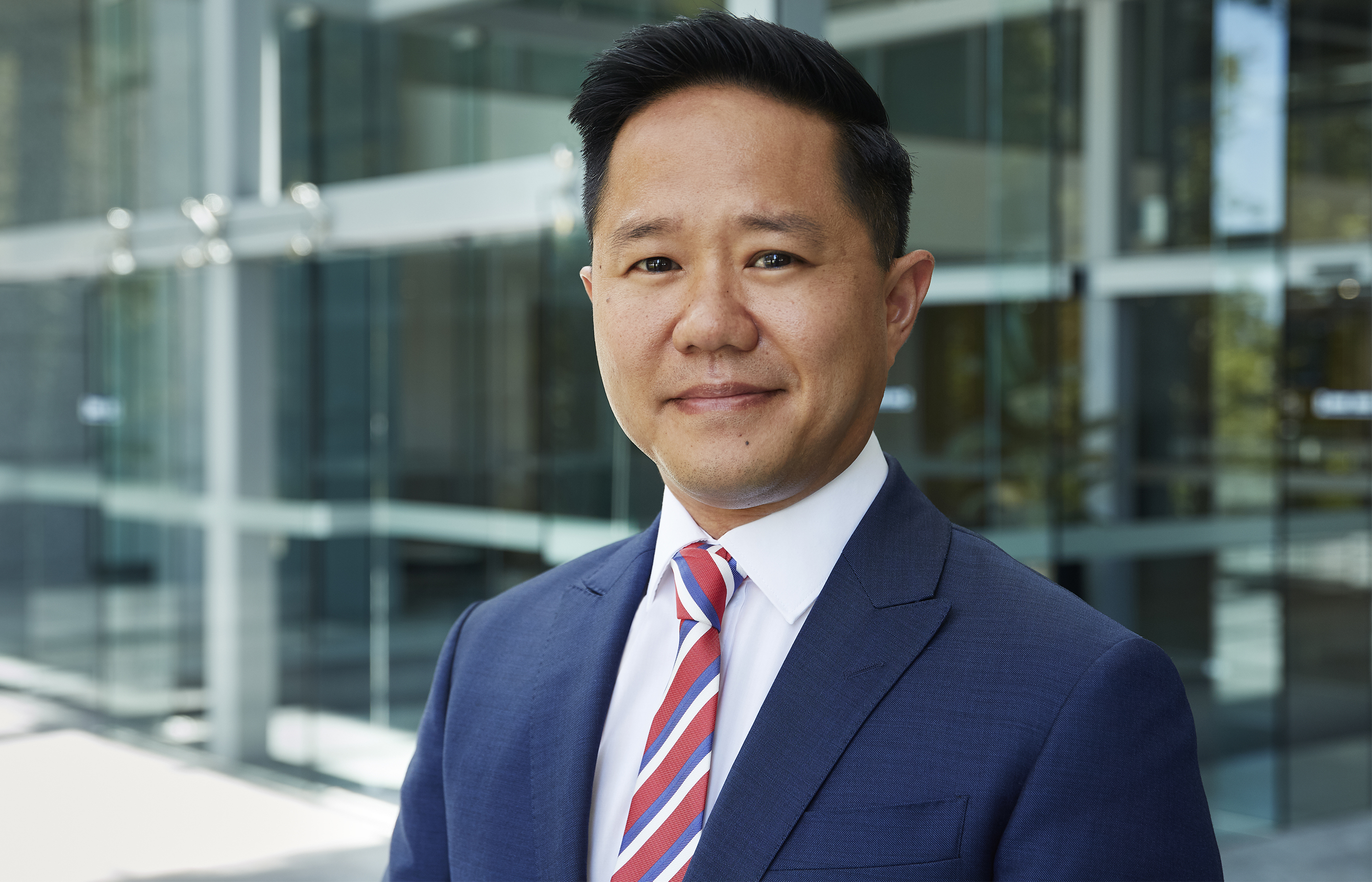In the recent decision in Canstruct Pty Ltd v Project Sea Dragon Pty Ltd (Subject to a Deed of Company Arrangement) (No 4) [2024] FCA 112, the Federal Court considered an application by an aggrieved creditor to terminate a deed of company arrangement (DOCA) under section 447A and/or section 445D of the Corporations Act 2001 (Cth) (the Act).
The creditor claimed that it had been unfairly prejudiced and discriminated against by the DOCA, and that the DOCA was an abuse of process. This was in circumstances where all other creditors were to be paid in full under the DOCA, and the applicant creditor was only to be paid around 10c-11c in the dollar for its claim.
Derrington J carefully considered the facts of the case, including some very interesting issues regarding the corporate and funding structures involved and the circumstances in which the DOCA was entered into, before concluding that the DOCA should be terminated and that the company should be wound up in insolvency.
Project Sea Dragon Pty Ltd (PSD) is a special purpose vehicle that was established in 2015 to construct and operate a major prawn aquaculture project spanning five operational sites in Western Australia and the Northern Territory, including at the remote Legune Station site in the Northern Territory.
However, since its incorporation, PSD had not had any income of its own (or owned any substantial assets) and had at all times been entirely reliant on ad hoc funding from its parent company Seafarms Group Limited (Seafarms). This funding was ad hoc as there was no agreement or arrangement in place by which Seafarms had committed to or was obliged to provide funding to PSD. However, there was evidence of an established practice by which PSD would submit invoices to Seafarms in a weekly “payment run” to deal with contract, employee and tax payments due by PSD, and by which Seafarms would provide PSD with funds to make these payments. The funding resulted in PSD accruing substantial liabilities to Seafarms (and to other related companies in the corporate group).
At all relevant times, the directors of PSD and Seafarms were identical (save for a small number of immaterial exceptions).
As part of the project, and in around May 2021, PSD engaged Canstruct Pty Ltd (Canstruct) to carry out various construction works at the Legune Station site. In 2022, a dispute arose between PSD and Canstruct as to the amount to be paid by PSD to Canstruct, and on 3 February 2023 Canstruct obtained an adjudication determination against PSD under the Construction Contracts (Security of Payments) Act 2004 (NT) in the amount of approximately $14 million.
At around the time of the dispute between PSD and Canstruct, Seafarms was itself going through a period of growing financial difficulties, and the Seafarms FY22 annual report included a note by the directors of Seafarms as to “material uncertainties relating to the decision to continue with Project Sea Dragon”.
After the Canstruct adjudication was handed down, and in the period between 3 February 2023 and 13 February 2023, the directors of PSD (who were also the directors of Seafarms) considered and resolved to pursue a course of action whereby:
The following events then took place:
Canstruct commenced proceedings on 5 April 2023, claiming that:
The Court considered each of the component arguments by Canstruct separately.
Abuse Of Pt 5.3A By Use Of The VA And DOCA Process
The Court accepted the argument by Canstruct that the predominant purpose of the use of the administration process and of the DOCA was to avoid PSD having to pay the adjudication debt to Canstruct. The Court acknowledged that this is a matter that must be assessed on a case by case basis and that care must be taken not to conflate the outcome of a DOCA with the predominant purpose, but found that no other purpose could be properly discerned in this case when the evidence was considered in its totality.
The Court held that this purpose was improper and alien to that for which Pt 5.3A is to be used, and was not a bona fide attempt to use Pt 5.3A to achieve an arrangement by which PSD could continue in existence and by which creditors could obtain a better outcome than in a liquidation. Accordingly, the Court was satisfied that the use of the VA and DOCA process in this case constituted an abuse of the provisions of Pt 5.3A.
In addition to these matters, the Court also considered Canstructs’ argument that by reason of the nature of the ad hoc funding structure, PSD had in fact been insolvent since 2020 and therefore the DOCA would result in an additional abuse, namely avoiding scrutiny into PSD’s insolvent trading.
It is not possible to do justice to the detailed analysis undertaken by the Court on this issue within the scope of this paper. However, it is worth noting the following observations and findings by the Court:
The Court ultimately held that the fact that the DOCA was entered into for an improper purpose enlivened the power to set the DOCA aside under sections 447A and 445D(1)(g) of the Act, and the fact that the DOCA produced the consequence of avoiding scrutiny of any insolvent trading claims provided an added justification for doing so.
Termination Under Section 445D(1)(f)
The Court also considered whether the DOCA was unfairly prejudicial to or unfairly discriminatory against Canstruct, and unsurprisingly held that the DOCA’s true purpose, to cause the release of Canstruct’s debt, had the consequence that the DOCA was of course unfairly prejudicial to or unfairly discriminatory against Canstruct within the meaning of section 445D(1)(f).
Termination Under Sections 445D(1)(e), (b) and (c)
For many of the same reasons outlined above, the Court was also satisfied that the power to set aside the DOCA was enlivened on the basis that effect could not be given to the DOCA without causing injustice, and that there were material misstatements and/or omissions in the information given to creditors (namely as to the true purpose of the DOCA, the potential insolvent trading that had occurred, and as to the lack of any proper basis for the discriminatory treatment of Canstruct under the DOCA).
DOCA Terminated
The Court summarised its views in [260] of the judgment, when noting the following considerations that weighed heavily in favour of the termination of the DOCA and the winding up of PSD:
This decision raises some very interesting questions regarding the use of SPVs and ad hoc funding arrangements in high risk business ventures in Australia.
These structures are not uncommon, and while it is unclear whether many would have precisely the same features as those described in this case, the points made by the Court as to the assessment of the solvency of SPVs supported by ad hoc funding arrangements are likely to be of significant interest to the business and insolvency communities.
The decision also provides useful guidance as to the limits on the use of the VA and DOCA process to restructure a company’s debts.
If you have any questions regarding this complex decision or the matters summarised in this paper, the experienced Lavan team is here to help.


